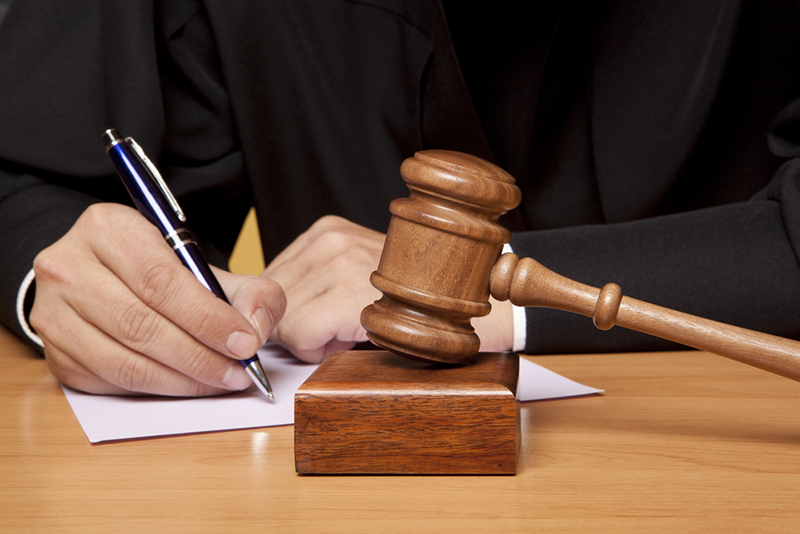Everything you need to know about court
If you have to go to court, here are some of the things you need to know

There are many reasons why you may have to attend court at some point in your life. If you do it can be you may not be sure what are the differences between the courts in Ireland. This article explains that differences between the courts and the reasons you may have to attend one.
Types of courts
There are five types of courts in Ireland: the District Court, Circuit Court, the High Court, the Supreme Court and the Court of Appeal.
- The District Court deals with minor civil and criminal matters and offences
- The Circuit Court deals with more serious criminal and civil offences – you can appeal to this court if you’re unhappy with the outcome of your District Court case
- The High Court deals with serious criminal offences such as murder, and hears civil cases involving sums of money upwards of €38,000
- The Court of Appeal was formally set up in 2014 to hear appeals from the High Court, and take over the duties of the Court of Criminal Appeal (which is no longer used)
- The Supreme Court can take appeals from the High Court, but usually such cases must involve a matter of general public importance to be heard there rather than the Court of Appeal
When you’re going to court
If bad goes to worse and you end up going to court, don’t panic! It’s not the end of the world, and staying calm and under control will help a lot on the day.
- For less serious cases, you will receive what is called a court summons which will arrive in writing or be brought to you in person
- Usually, serious cases mean you are under arrest until the court hearing
- The summons says what you are charged with and when and where you have to be at court
- There’s no fixed amount of time from arrest to being taken to court, so there can be a bit of hanging around involved
In the court
- Make sure to appear in court on the day – if you don’t, the case might go on without you or be arranged for another date
- If you still don’t turn up, you could be arrested
- Arrive early for your trial and dress neatly – wear a suit if possible
- Court is old-fashioned and very formal – when you speak to anyone during the trial, call them ‘Sir’ or ‘Madam’
- Keep your hands by your sides and don’t fidget – looking like it’s all a laugh to you and you’re not taking it seriously won’t help your cause at all
Role of the solicitor
A solicitor is the legal advisor. He/she will advise you on legal matters and will contact a barrister to advocate for you in court if necessary. Solicitors can also draft and help you understand any legal paperwork you need done or that you have to sign, and help negotiate with another party in a case. He/she will also research your case for the barrister.
Role of the barrister
A barrister is effectively a high-powered solicitor, and they usually operate in the uppermost courts. Barristers are very knowledgable on legal topics and interpreting the word of law. Although they liaise with a solicitor on all the aspects of a case, their duties are usually confined to researching and speaking in court.
Need more information, advice or guidance?
We offer information, advice and guidance about the issues that matter to you. Our online Youth Information Chat service is for 16 to 25 year olds and is available Monday to Friday, 4pm to 8pm (excluding Bank Holidays).






